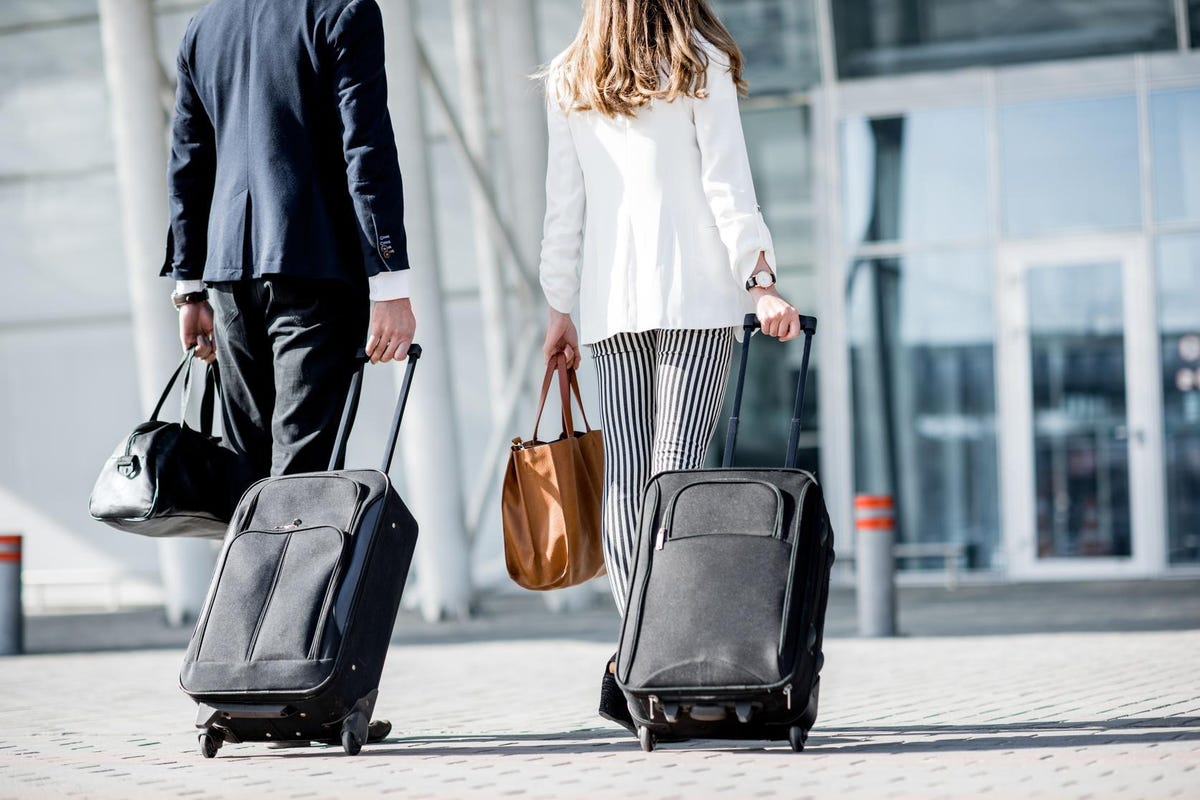
The rollout of COVID-19 vaccines has prompted many companies to figure out how to operate in a post-pandemic world. But one central question still hangs in the air: How should modern business travel look?
According to McKinsey & Co., corporate travel dropped by 71% in 2020 — with no expectations of an immediate return to pre-pandemic levels. Travel activity, it seems, won’t return to where it was for at least another few years, according to a separate study.
Some level of travel hesitation is understandable. Virus rates are rising in many places, and safety protocols are evolving to meet the needs of the moment. Even before new variants began to take hold, companies weighed the economic impact of the pandemic. Once-trivial amenities such as car rentals and currency exchanges now require more preparation due to low availability and higher prices.
Despite these concerns, many companies still want their employees out in the world doing business and making in-person connections. The question for many companies isn’t whether they should be traveling — they’re more focused on ensuring that business travelers remain safe, comfortable, and productive during their journeys.
Thankfully, it’s still quite possible to travel effectively during this unprecedented time. Here’s how:
1. Exchange your money before you travel.
The pandemic profoundly impacted the foreign currency exchange industry; many brick-and-mortar and retail locations failed to stay afloat due to a lack of foreign travelers. Most notably, Travelex, a billion-dollar behemoth, ended up closing most of its global and North American operations.
MORE FOR YOU
What does this mean for travelers? Xchange of America CEO Robert Hoffman says travelers should not wait until they get to a foreign country to exchange money.
“Buying currency ahead of time helps decrease travel anxiety,” Hoffman said. “It gives you a boost of confidence in having foreign cash in your pocket.
Leveraging technology and contactless exchange methods can help travelers collect their funds before arriving at an airport. Proactive currency exchange eases traveler concerns and can help keep them focused on the trip itself.
2. Look at your destination country’s protocol.
Most countries have reopened their borders for international travel — but that doesn’t mean everything is business as usual. Not only is the CDC discouraging international travel for folks who are not fully inoculated, but it’s also urging caution for vaccinated individuals.
With the delta variant spreading and vaccination rates varying wildly by country, you’ll want to do your due diligence when it comes to COVID-19. Look at the current rates and the safety protocols in place at your planned destination.
Everything is currently changing at a rapid pace. What might have been true last week could be completely different this week, so you’ll want to stay informed of current situations. You don’t want to get caught in a country where mandatory quarantine is now required — or where borders are on the verge of closing.
It’s possible to travel safely if you’re fully vaccinated, but you have to be fully prepared to handle whatever your destination might throw at you.
3. Purchase travel insurance.
For small businesses, travel insurance was traditionally viewed as an unnecessary luxury. Because of the pandemic, that mindset has changed.
Not only should you now view travel insurance as a necessity, but you should seriously consider opting for a CFAR clause, which allows you to cancel for any reason. This type of travel insurance means you can request a refund for any reason if you decide to cancel travel plans.
While CFARs can increase the price of an insurance policy by as much as 50%, that investment is worthwhile considering how unpredictable everything is at the moment. Travelers seem to agree with this notion: 50% of customers opt for CFAR with their policies, far exceeding the 5% who did so before the pandemic.
If you’re concerned about the burden of this added cost, then it might be time to rethink why you’re sending someone across the world in the first place. Talk to your regular travelers: Have their experiences during the pandemic changed how they think about business travel? What do they think about the opportunity cost of traveling versus remaining at home? If traveling still seems like a net gain after your research, you should be able to find some room in the budget to pay for that insurance.
With proper preparation, those precautions don’t have to be overly burdensome. Business travel might not be exactly how you remember it, but it can still be a positive experience for businesses as well as travelers.







